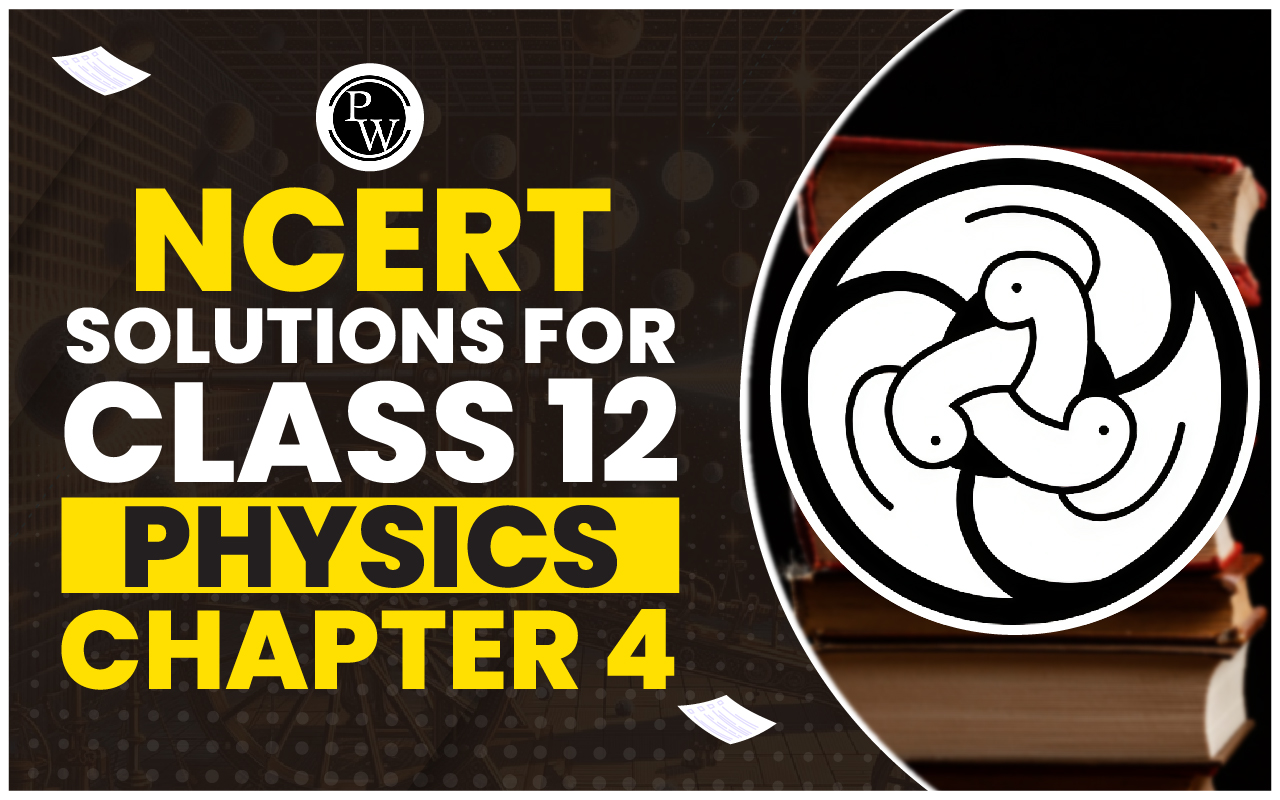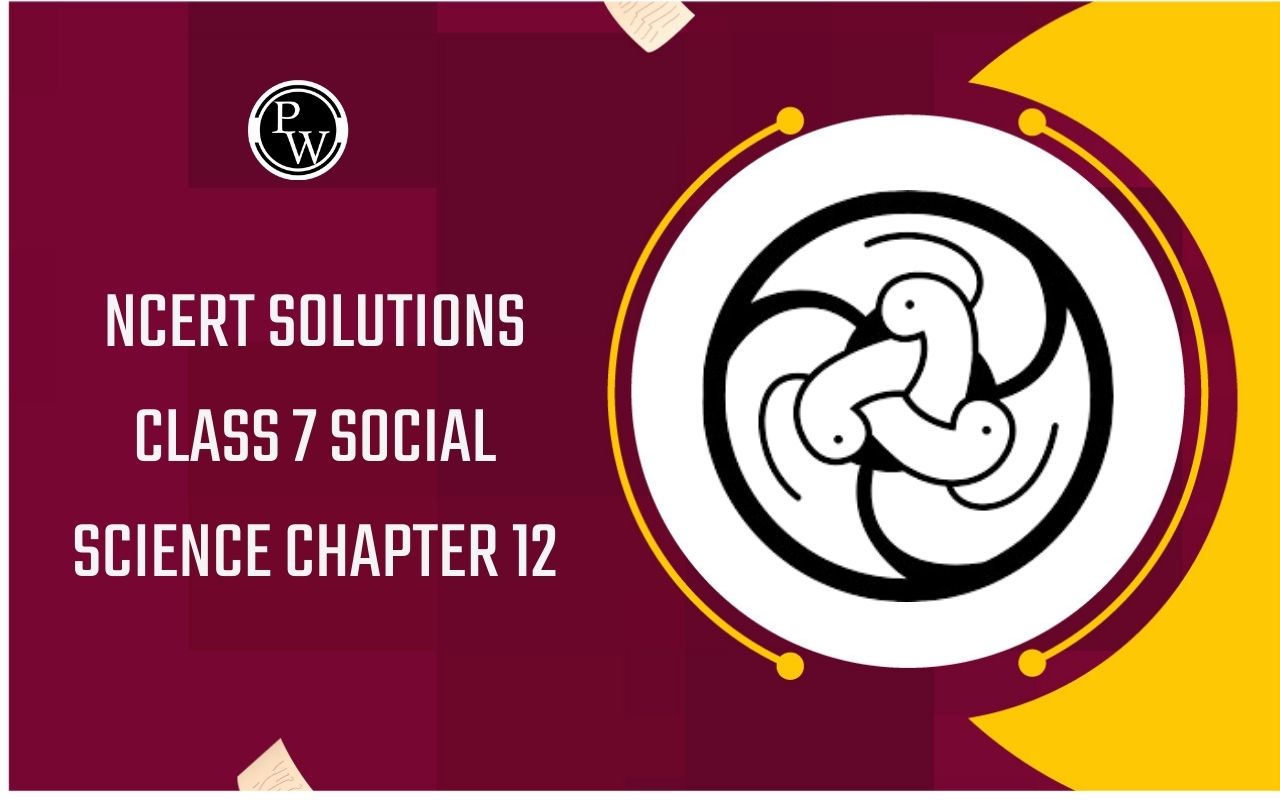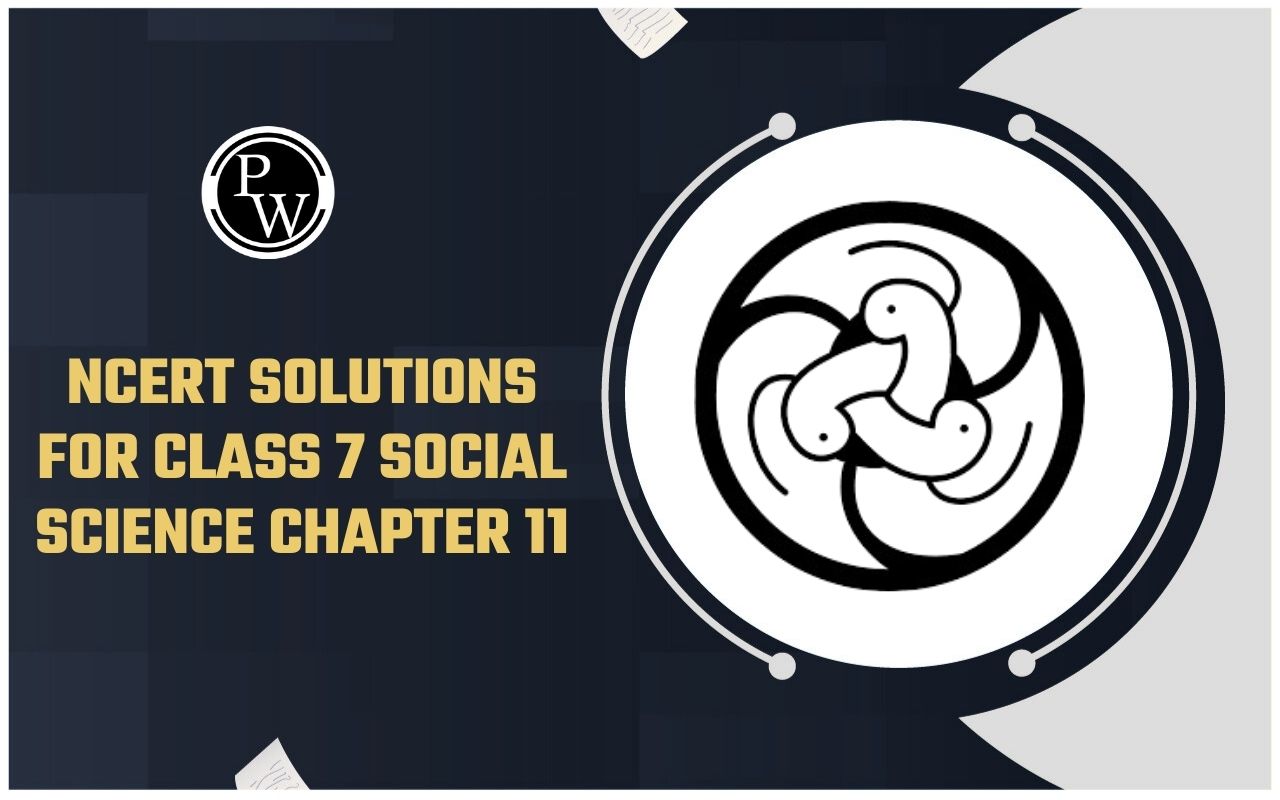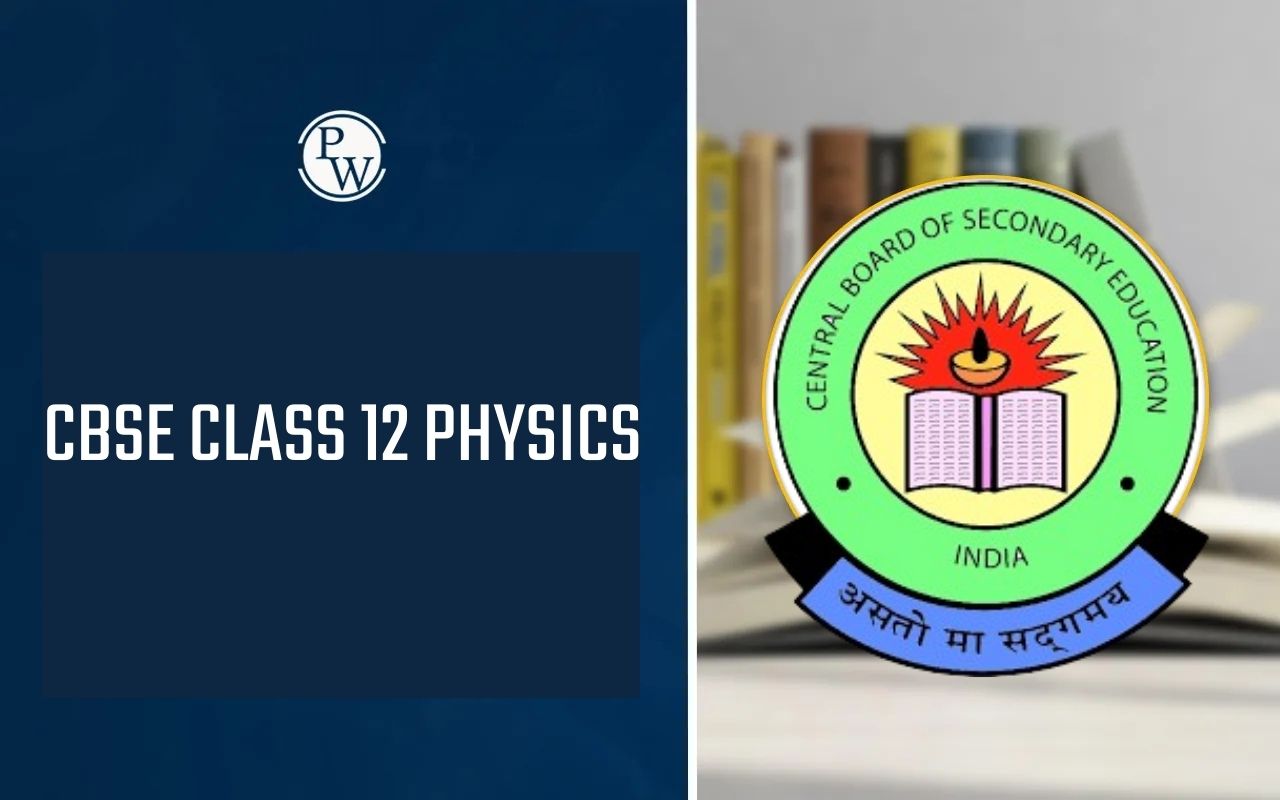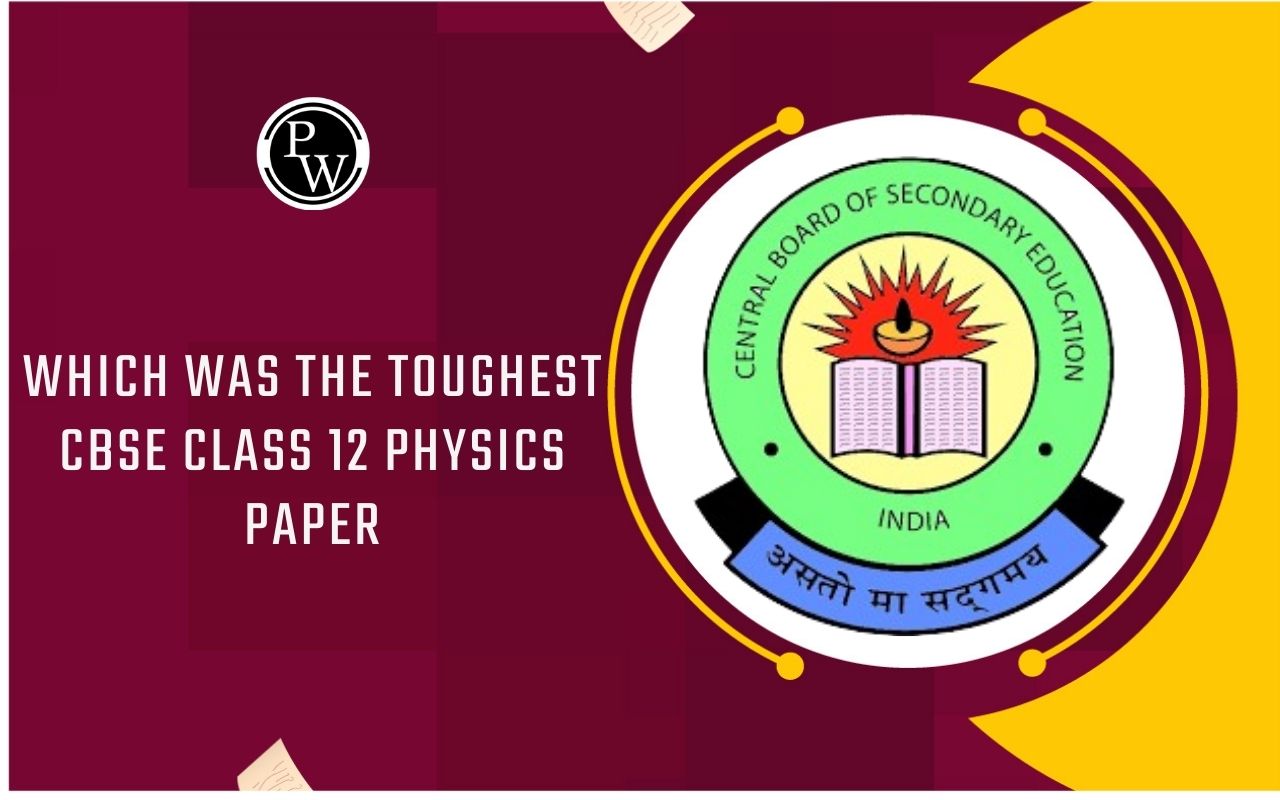
If you are looking for Facts About Nutrients , you have come to the right place!
The topic “Facts About Nutrients” will be covered in this article. The nutrients found in food are necessary for a healthy body and mind. Six categories—proteins, vitamins, minerals, carbs, fats, and water—are used to categorise nutrients. Additionally, food contains additional components that can be useful and harmful (like cholesterol) (such as antioxidants).Introduction
An organism uses nutrients to maintain itself, grow, and reproduce. All living creatures, including plants, animals, fungi, and protists, must ingest nutrients. Nutrients can enter cells for metabolic purposes or be ejected from cells to create non-cellular structures like hair, scales, feathers, or exoskeletons. Some nutrients can be biologically broken down into smaller molecules to release energy, resulting in the end products of water and carbon dioxide, including carbohydrates, lipids, proteins, and fermentation products (ethanol or vinegar). All living things need water. Mammals require energy sources, some amino acids that combine to form proteins, a subset of fatty acids, vitamins, and particular minerals. In addition to more varied elements that are taken through the roots and leaves, plants also need carbon dioxide and oxygen. Fungi obtain their nutrition from their host and can exist on either dead or living organic substances.Facts About Nutrients
Not all Fat is Bad.
Although numerous "good" types of fat are present in foods like avocados, almonds, and fish, fat always gets a poor rap. However, the trans fat variety, which is included in fast food, is detrimental to your health.Not all Sugars are Bad.
Similar to how sugar has a negative image, not all sugars are unhealthy for you. You should avoid the added sweeteners like sucrose, dextrose, maltose, and others found in processed meals. Contrarily, milk contains sugar in the form of lactose, while fruits contain sugar in the form of fructose. These naturally occurring sugars are an important component of a balanced diet.Coffee can be Healthy in Moderation.
It has been demonstrated that drinking coffee in moderation has several positive health effects and can assist the body in fending against various ailments. Numerous diseases, such as liver disease, type 2 diabetes, and heart failure, can be warded off by coffee.The Juice is Filled with Sugar.
Although the fruit juice sold in tetra packs tastes good, it is high in sugar and perhaps detrimental to our nutritional status. These fruit juices include a significant quantity of added sugar, which the body has difficulty metabolising. Juice that has been naturally extracted is healthier because it just contains the fruit's healthful natural sugar rather than any additional sugar. Still, consume the fruit whole and in its natural state to ensure proper nutrient absorption.Environmental Issues and Solutions
Carbohydrates are Essential.
Forget the myth that carbohydrates are "evil"; instead, keep in mind that they are your body's primary energy source and are essential for the production of glucose, giving you the energy to carry out daily tasks. In addition, most of your body's energy should come from carbohydrates.Sodium is Not Always Bad.
Although a long-term excess of sodium can lead to excessive blood pressure, the appropriate sodium levels can help control blood pressure and volume. The amount of sodium in highly processed foods is staggering. Therefore, lowering such a high salt consumption may lower the risk of high blood pressure, renal damage, heart disease, and stroke.Fad Diets do not work in the long term.
The occasionally popular, sometimes bizarre diets call on you to cut out entire food groups as part of their "rules," which is never a smart idea. At first, you could lose a little weight, but there's a good possibility you'll regain it after the diet. Eating a balanced diet with the proper calories is the best strategy to manage your weight.Essential Nutrients
Essential nutrients are those the body cannot or does not sufficiently manufacture independently. These nutrients, which are essential for growth, health, and disease prevention, must be obtained from food, according to the World Health Organization (Reliable Source). Even though there are numerous necessary nutrients, they can be divided into macronutrients and micronutrients. The main dietary components that give your body energy are protein, carbs, and fat, all consumed in substantial quantities. Vitamins and minerals are micronutrients that work very well in small doses. Essential macronutrients and micronutrients can be divided into six classes.Proteins
Protein is having a moment, not just in the fitness industry. However, there's a valid reason behind all the fuss. Protein is essential for good health. Protein serves as the body's building blocks and not just for muscles. Every cell in the body, including the skin, hair, and bones, contains protein. Protein comprises all your hormones, antibodies, and other vital components. The body only uses protein as fuel when it is necessary. Different amino acids make up proteins. While the body can produce some amino acids, many important ones can only be received through diet. A variety of amino acids are necessary for your body to function effectively.Carbohydrates
A healthy body needs carbs to function. According to the Mayo Clinic, carbohydrates feed your body, especially your brain and nervous system, and help your body resist disease. Dietary Guidelines for Americans recommend getting 45 to 65 per cent of your daily calories from carbohydrates.Fats
Although lipids frequently receive a bad rap, a current study has revealed that healthy fats are essential to a balanced diet. According to Harvard Medical School, fat aids in the body's ability to absorb vitamins and minerals, coagulate blood, create new cells, and move muscles. Yes, fat contains many calories, yet your body needs those calories as a source of energy. Your risk of developing heart disease, type 2 diabetes, and improved brain function can all be reduced by including healthy fats in your diet. They are also potent anti-inflammatories and could reduce the chances of Alzheimer's, cancer, and arthritis.Vitamins
Vitamins are crucial for staying healthy and preventing disease. The body needs certain micronutrients to operate properly. To function properly, the body needs 13 essential vitamins, including vitamins A, C, B6, and D. Each vitamin serves a vital purpose, and deficiencies can result in disease and other health problems. Vitamins are potent antioxidants and may reduce the risk of prostate and lung cancer. Vitamins like vitamin C aid in immune system vigour and tissue regeneration.Minerals
Like vitamins, minerals aid in sustaining the organism. They are essential for several biological functions, including keeping your bones and teeth strong, managing your metabolism, and drinking enough water. The most often used minerals include calcium, iron, and zinc. In addition to strengthening bones, calcium helps with nerve signal transmission, blood pressure regulation, muscle contraction and relaxation. While zinc strengthens your immune system and speeds up wound healing, iron supports the production of hormones and red blood cells.Water
Without food, you can last for several weeks, but not without water. Water plays a role in every function of your body. You are primarily composed of it. Your body weighs about 62 per cent water. Your mood and brain health is enhanced by water. It functions as a lubricant and a shock absorber in the body. Additionally, it aids in hydrating the body, carrying nutrients to cells, eliminating toxins, and preventing constipation.Related Links -
Facts About Nutrients <span style=
Q1. Why are nutrients necessary for life?
Ans: They are essential to the survival of all living things, including humans, animals, plants, and fungi. They are used in all of an organism's biological functions.
Q2. Which food contains the greatest energy?
Ans: Although they provide energy slowly, fats are the most energy-efficient diet. The body receives around nine calories per gramme of fat, more than twice as many as it receives from proteins or carbohydrates.
Q3. What foodstuffs help muscles grow?
Ans: Protein. Since it contains amino acids that your body naturally produces and those that it doesn't, protein is one of the most important macronutrients for muscle growth and repair. As a result, it's crucial to replenish these macronutrients necessary for developing muscle with protein post-workout.
Q4. What soil contains the greatest nutrients?
Ans: The richest soils are porous loamy soils because they are rich in organic matter, which helps crops grow by holding onto water and providing them with nutrients. Since sand is relatively porous and clay is impermeable, these soil types tend to have lower levels of organic matter and drainage issues.
Q5. Which vitamin aids in the growth of your hair?
Ans: Vitamin B6, folic acid, and vitamin B12 are the B vitamins that impact hair development. The proper growth of red blood cells, which carry oxygen to tissues like hair, depends on these vitamins.
Talk to a counsellorHave doubts? Our support team will be happy to assist you!

Check out these Related Articles
Free Learning Resources
PW Books
Notes (Class 10-12)
PW Study Materials
Notes (Class 6-9)
Ncert Solutions
Govt Exams
Class 6th to 12th Online Courses
Govt Job Exams Courses
UPSC Coaching
Defence Exam Coaching
Gate Exam Coaching
Other Exams
Know about Physics Wallah
Physics Wallah is an Indian edtech platform that provides accessible & comprehensive learning experiences to students from Class 6th to postgraduate level. We also provide extensive NCERT solutions, sample paper, NEET, JEE Mains, BITSAT previous year papers & more such resources to students. Physics Wallah also caters to over 3.5 million registered students and over 78 lakh+ Youtube subscribers with 4.8 rating on its app.
We Stand Out because
We provide students with intensive courses with India’s qualified & experienced faculties & mentors. PW strives to make the learning experience comprehensive and accessible for students of all sections of society. We believe in empowering every single student who couldn't dream of a good career in engineering and medical field earlier.
Our Key Focus Areas
Physics Wallah's main focus is to make the learning experience as economical as possible for all students. With our affordable courses like Lakshya, Udaan and Arjuna and many others, we have been able to provide a platform for lakhs of aspirants. From providing Chemistry, Maths, Physics formula to giving e-books of eminent authors like RD Sharma, RS Aggarwal and Lakhmir Singh, PW focuses on every single student's need for preparation.
What Makes Us Different
Physics Wallah strives to develop a comprehensive pedagogical structure for students, where they get a state-of-the-art learning experience with study material and resources. Apart from catering students preparing for JEE Mains and NEET, PW also provides study material for each state board like Uttar Pradesh, Bihar, and others
Copyright © 2026 Physicswallah Limited All rights reserved.

